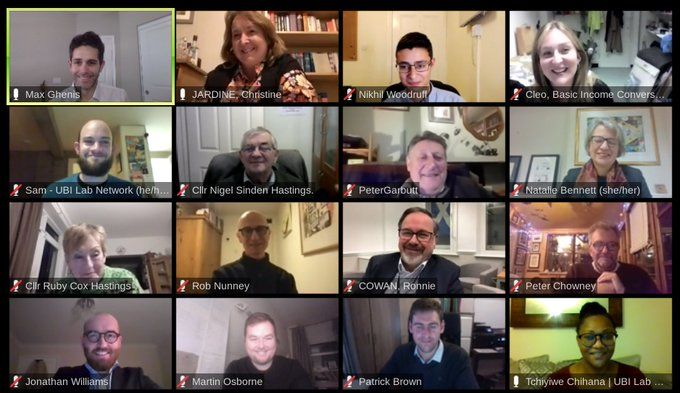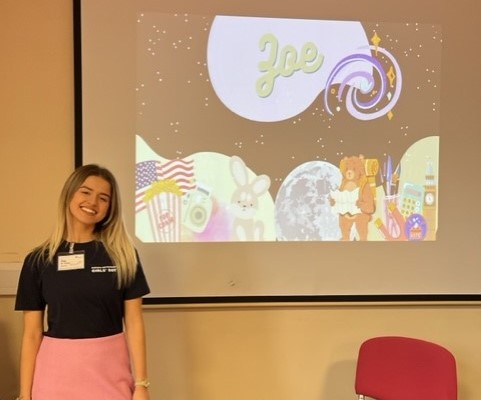Who are PolicyEngine
Last month, I had the opportunity to present research to an array of parliamentarians with my co-founder Max Ghenis on behalf of our nonprofit organisation PolicyEngine, which provides free-to-use policy simulation tools, and the UBI Center, a think-tank researching universal basic income policies. We shared this work with Natalie Bennett (peer and former leader of the Green Party), Ronnie Cowan MP (SNP) and Christine Jardine MP (Liberal Democrats), as well as local government councillors. This was a huge privilege, and I’m thoroughly grateful to the policymakers for their time, as well as the UBI Lab Network for organising and inviting us.
Public policy research involves estimating how different programs and rules that the government has the power to set could affect citizens. One such program is universal basic income (UBI), in which the government provides its citizens a fixed and regular income, irrespective of an individual’s work status or other income.
What we presented
We presented a variety of possible policies fitting this brief: a “true”, £~150 per week UBI funded by consolidating all income taxes into a 50% flat tax, as well as smaller UBI schemes funded by abolishing the personal income tax allowance or instituting a land value tax. We also presented our recent analyses of the UBI Lab Network’s Resilience UBI proposal and highlighted our reports on the Budget 2021 reforms to Universal Credit and the Liberal Democrat consultation papers for UBI policy.
We also demonstrated PolicyEngine, the simulation app powering these analyses, available at policyengine.org. PolicyEngine allows anyone to define a tax-benefit reform and see how it affects the UK population (e.g. the budget or the poverty rate) or any household in the UK (e.g. net income and work incentives). One MP even started exploring policy ideas with our app during our presentation, giving us the chance to guide our most important users in real time.
What’s next?
We hope to engage more with lawmakers, educate the public on how tax and benefit policies affect them, and provide researchers with better tools for economic analysis. All our work is open-source (including the only open-source tax-benefit microsimulation model for the UK), and individual policy reforms are shareable by hyperlink. We look forward to seeing what policies our users come up with, and welcome anyone’s contributions to improve and grow our product.
Discover more
About studying Computer Science at Durham here
See the full presentation here
Visit the Policy Engine website here








